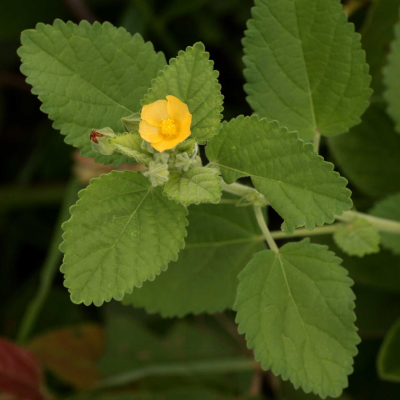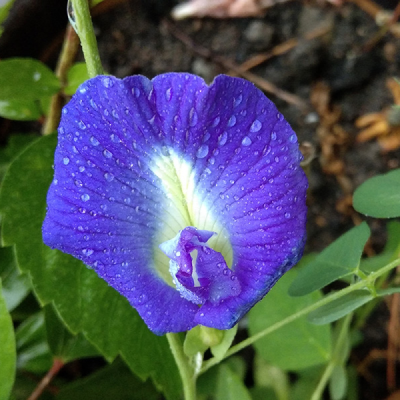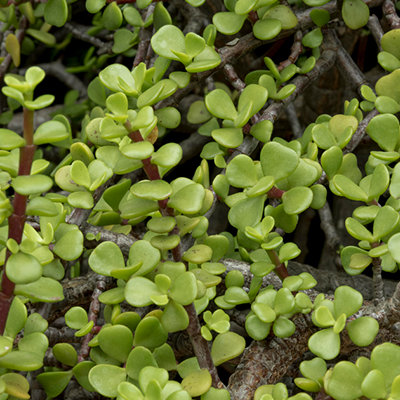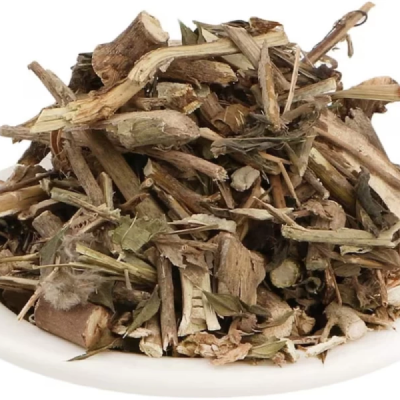- +033 2572 7171
- info@dhanvantary.com

4.5 Rating | 4500 Review

4.5 Rating | 4500 Review
Cervical dystonia, also known as spasmodic torticollis, is a neurological disorder that causes involuntary muscle contractions in the neck, leading to abnormal head positions and neck movements. These involuntary contractions can cause the head to tilt, twist, or shake, which can be painful and interfere with daily life. The exact cause of cervical dystonia is often unclear, but it’s thought to involve issues within the brain regions responsible for movement control.

The exact causes of Cervical Dystonia are not known but a few factors that may contribute are :
Some cases may have a genetic component, especially when the disorder runs in families.
Injuries to the neck, head, or brain can sometimes trigger dystonia.
Conditions like stroke, Parkinson’s disease, or other neurological disorders may lead to dystonia as a secondary effect.
Certain medications that affect dopamine levels in the brain may increase the risk of developing dystonia.
The head may tilt to one side, twist, or move forward or backward uncontrollably.
Constant contractions can lead to neck pain and stiffness.
Some individuals may experience tremors or shaking of the head.
The person may struggle to turn the head normally.
Symptoms are often exacerbated by stress, fatigue, or certain movements.
In Ayurveda, cervical dystonia can be linked to an imbalance in Vata dosha, particularly affecting the Majja Dhatu (nervous tissue) and Asthi Dhatu (bones). Vata dosha governs movement and neurological functions, so an imbalance in Vata can cause involuntary muscle contractions, stiffness, and pain. Cervical dystonia may also involve aggravation of Kapha dosha (leading to stiffness) and depletion of Ojas (vital energy), which can contribute to muscle and nerve weakness.

A powerful adaptogen, Ashwagandha helps reduce stress, strengthen muscles, and support nervous system health.

Known for its Vata-pacifying and nerve-strengthening properties, Bala is effective for muscle tone and strength.

This herb has neuroprotective properties and helps calm the nervous system, reducing tremors and involuntary movements.

A renowned nerve tonic, Brahmi improves cognitive function, soothes the nervous system, and aids in mental clarity.

A combination of ten roots, Dashamoola has anti-inflammatory properties that help alleviate pain and stiffness.
Warm, cooked foods that are easy to digest help balance Vata dosha
Healthy fats such as ghee, sesame oil, and coconut oil to nourish the muscles and nervous tissue.
Avoid Vata-aggravating foods like dry, cold, processed, and raw foods, as well as stimulants like caffeine and alcohol.
Regular practice of meditation, breathing exercises
Gentle Yoga and Stretching: Yoga poses that support flexibility and relaxation
Keep warm and avoid cold environments.
